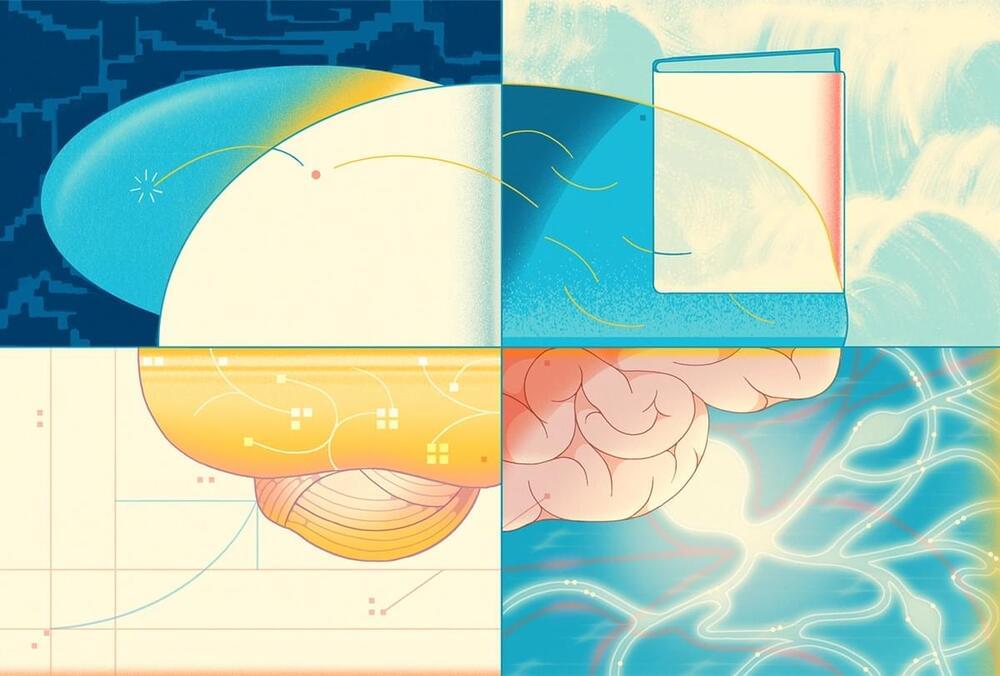A unique quantum effect in biology could be the key to understanding a common marker of Alzheimer’s, raising questions about current assumptions of the disease and informing the search for a cure.
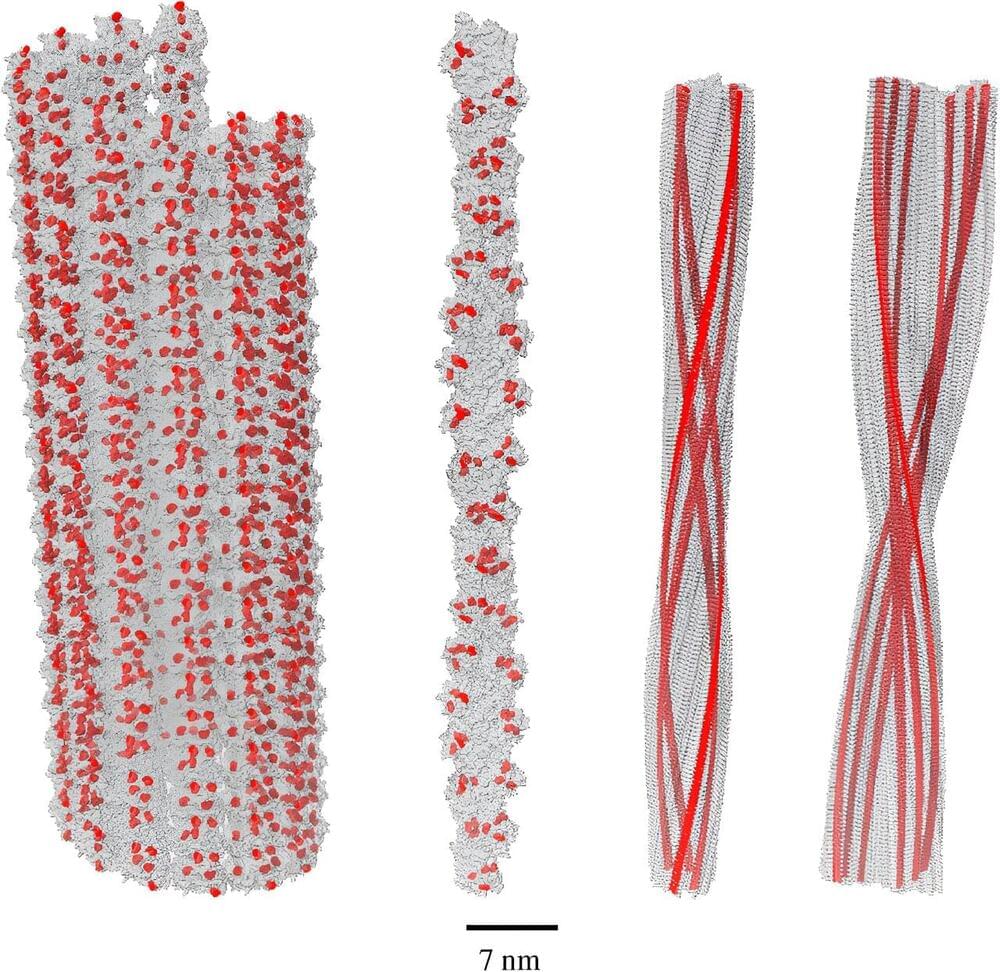

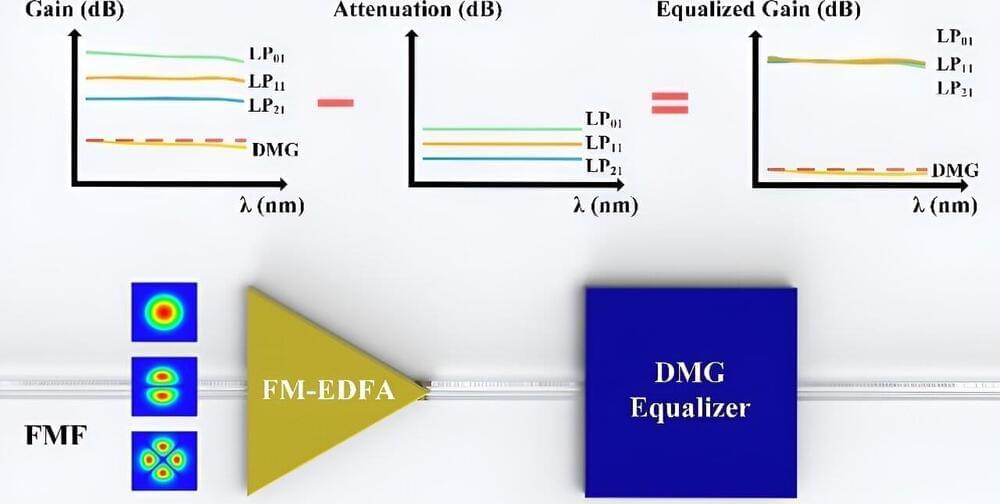
Optical fiber, as a physical medium for information transmission, is the “highway” of modern economic and social development. However, with the continuous emergence of high-speed and high-capacity communication scenarios such as virtual reality, 5G, intelligent driving, and the Internet of Things (IoT), there is an upper limit to the communication capacity (traffic flow) of the traditional single-mode fiber-optic communication system (highway).
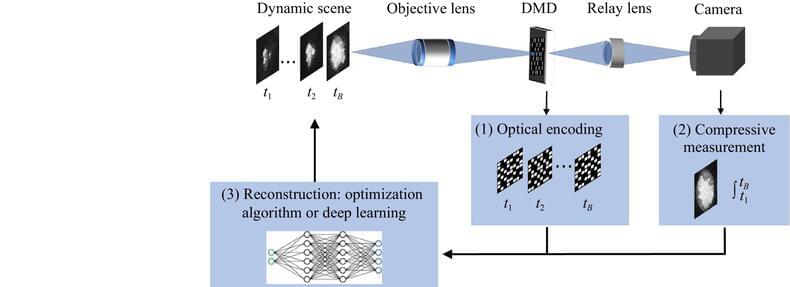
A team of researchers has developed a novel computational imaging system designed to address the challenges of real-time monitoring in ultrafast laser material processing. The new system, known as Dual-Path Snapshot Compressive Microscopy (DP-SCM), represents a significant advancement in the field, offering unprecedented capabilities for high-speed, high-resolution imaging. The team was led by Yuan Xin from Westlake University and Shi Liping from Xidian University.
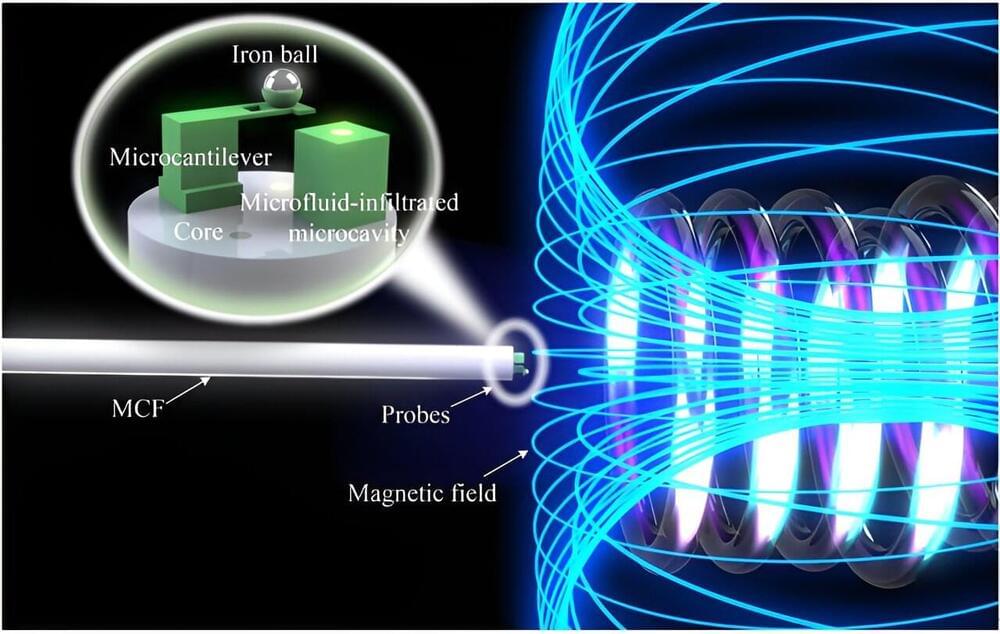
Magnetic field sensing plays a pivotal role in numerous fields of medical, transportation and aerospace. The optical fiber-based magnetic field sensor possesses outstanding characteristics of compactness, long-distance interrogation, low cost and high sensitivity, which has attracted intensive interest. However, the fiber-based magnetic field sensor is generally affected by the temperature perturbation.
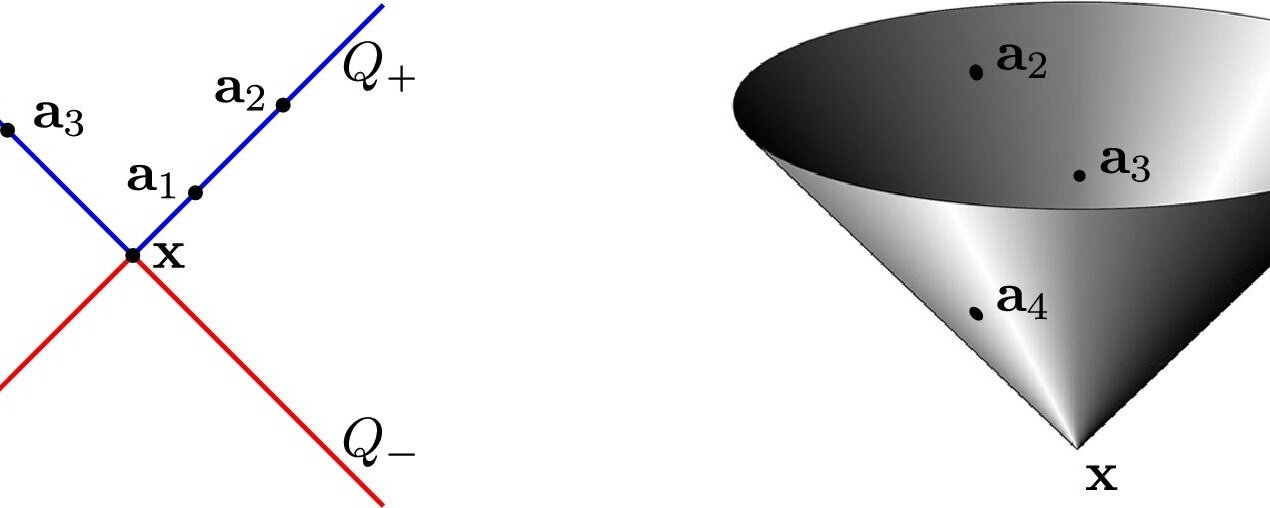
The summer holidays are ending, which for many concludes with a long drive home and reliance on GPS devices to get safely home. But every now and then, GPS devices can suggest strange directions or get briefly confused about your location. But until now, no one knew for sure when the satellites were in a good enough position for the GPS system to give reliable direction.
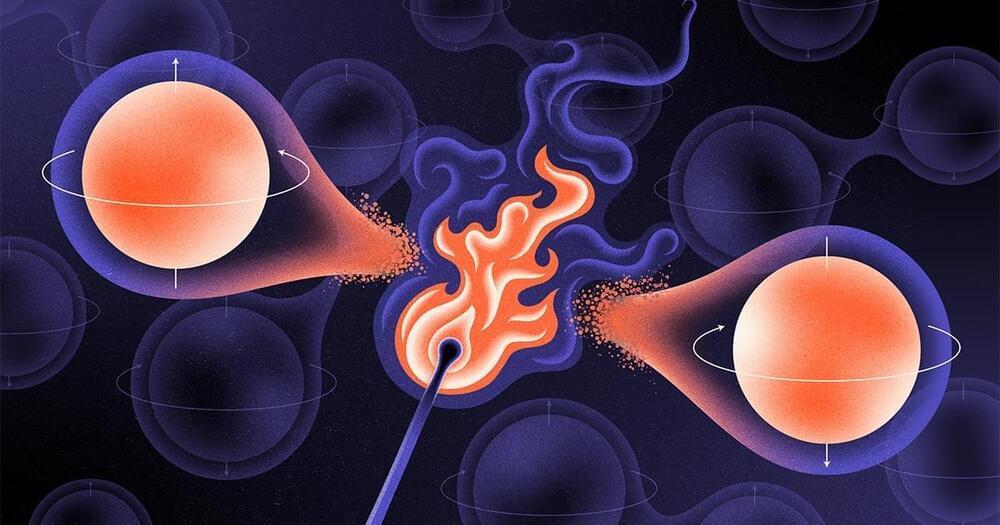
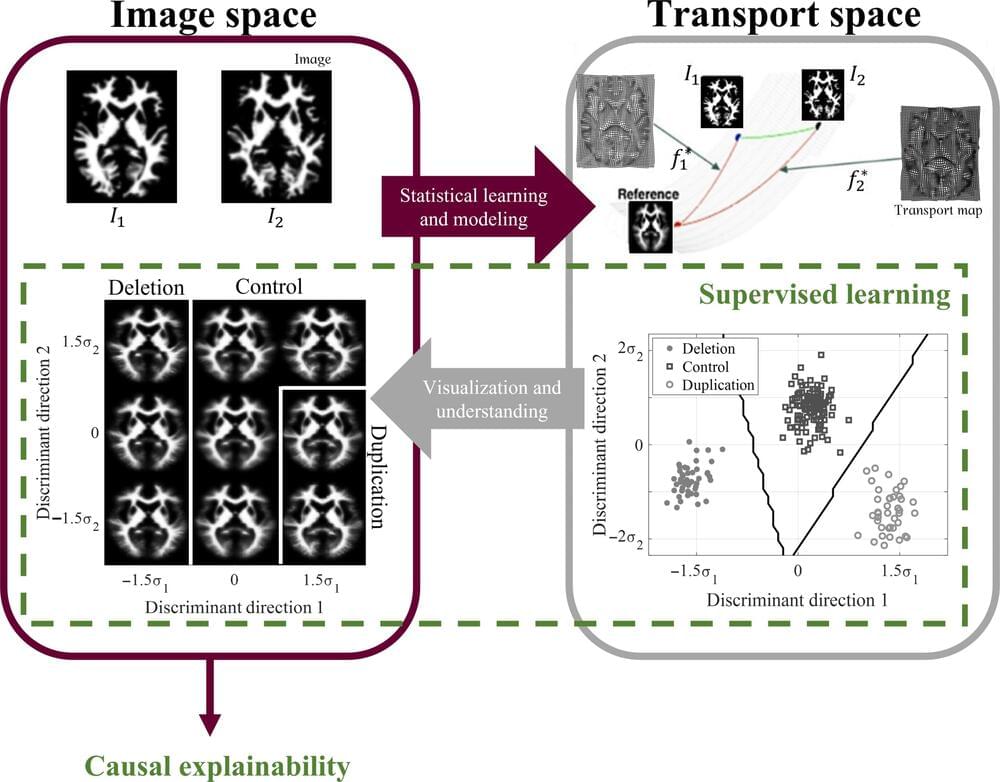
A multi-university research team co-led by University of Virginia engineering professor Gustavo K. Rohde has developed a system that can spot genetic markers of autism in brain images with 89 to 95% accuracy.
Their findings suggest that doctors may one day see, classify and treat autism and related neurological conditions with this method, without having to rely on or wait for behavioral cues. And that means this truly personalized medicine could result in earlier interventions.
“Autism is traditionally diagnosed behaviorally but has a strong genetic basis. A genetics-first approach could transform understanding and treatment of autism,” the researchers wrote in a paper published in the journal Science Advances.

The tin-vacancy center in diamond has properties that could be useful for quantum networks.
In a new study, researchers show how this defect’s electron spin can be controlled — and coherence prolonged — using a superconducting microwave waveguide.
Even the most pristine diamonds can host defects arising from missing atoms (vacancies) or naturally occurring impurities. These defects possess atomlike properties such as charge and spin, which can be accessed optically or magnetically. Over the past few decades, researchers have studied various defects to understand and harness these properties. One in particular—the tin-vacancy center, in which a tin atom resides on an interstitial site with two neighboring vacancies—exhibits exceptionally useful optical and spin properties, making it highly relevant in the field of quantum communication. Here, we explore how the spin properties behave under different magnetic field directions.
We demonstrate that manipulating electron spins is more straightforward in strained diamonds, as the electron spin is more responsive to an alternating magnetic field. We use superconductors known for generating no heat when a current flows through them, ensuring that we do not negatively affect the spin properties.
Through our simple fabrication steps, we illustrate how the properties of the tin-vacancy center can be fully utilized to advance the field of quantum computing and communication.
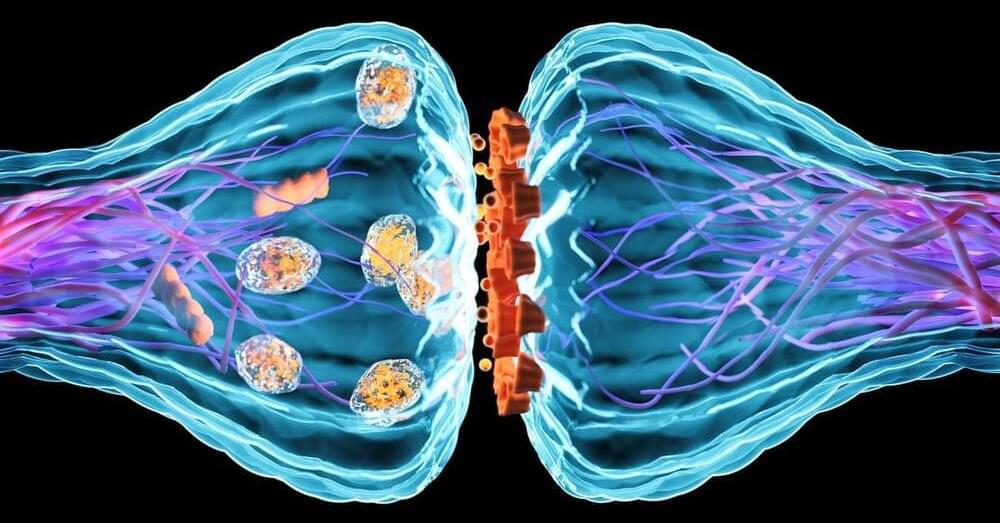
A long-running research endeavor reveals key chemical players that cement memories in place—and still more have yet to be discovered.
By Simon Makin
The persistence of memory is crucial to our sense of identity, and without it, there would be no learning, for us or any other animal. It’s little wonder, then, that some researchers have called how the brain stores memories the most fundamental question in neuroscience.
